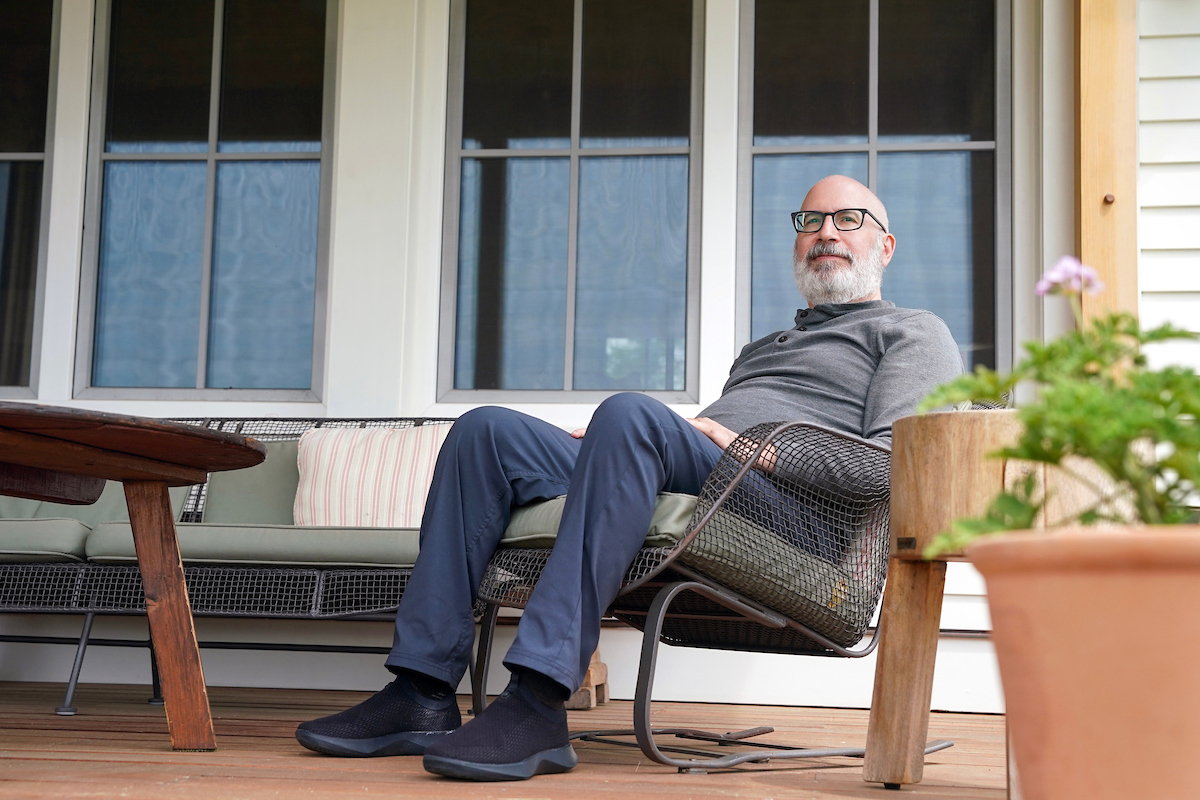Vermont allows out-of-staters to use assisted suicide law
Vermont on Tuesday became the first state in the country to change its medically assisted suicide law to allow terminally ill people from out of state to take advantage of it to end their lives.
Republican Gov. Phil Scott signed the bill that removes the residency requirement for the decades-old law.
Last year in a court settlement, Oregon agreed to stop enforcing the residency requirement of its law allowing terminally ill people to receive lethal medication. It also agreed to ask the Legislature to remove it from the law.
Before Vermont removed its residency requirement Tuesday, it had reached a settlement with a Connecticut woman who has terminal cancer to allow her to take advantage of its law, provided she complies with other aspects of it.
"We are grateful to Vermont lawmakers for recognizing that a state border shouldn't determine if you die peacefully or in agony," said Kim Callinan, president and CEO of Compassion & Choices, a nonprofit advocacy organization, in a statement. "Patients routinely travel to other states to utilize the best healthcare options. There is no rational reason they shouldn't be able to travel to another state to access medical aid in dying if the state they live in doesn't offer it."
If you or someone you know is in emotional distress or a suicidal crisis, you can reach the 988 Suicide & Crisis Lifeline by calling or texting 988. You can also chat with the 988 Suicide & Crisis Lifeline here.
For more information about mental health care resources and support, The National Alliance on Mental Illness (NAMI) HelpLine can be reached Monday through Friday, 10 a.m.–10 p.m. ET, at 1-800-950-NAMI (6264) or email info@nami.org.





